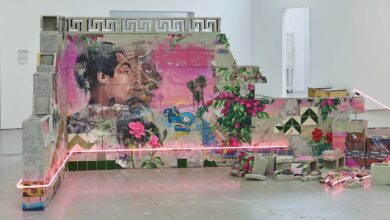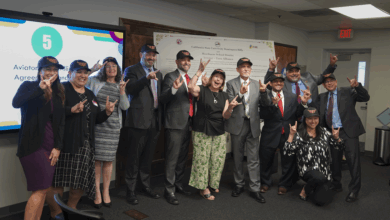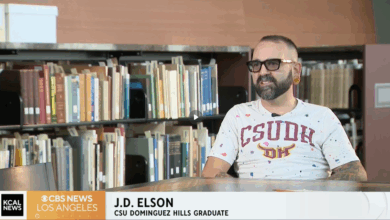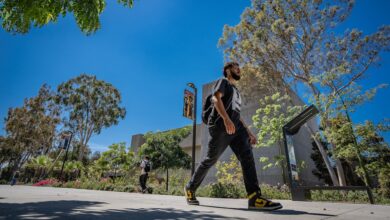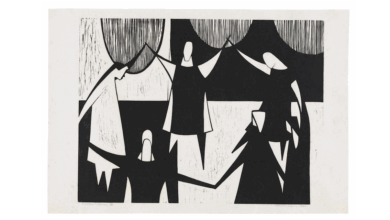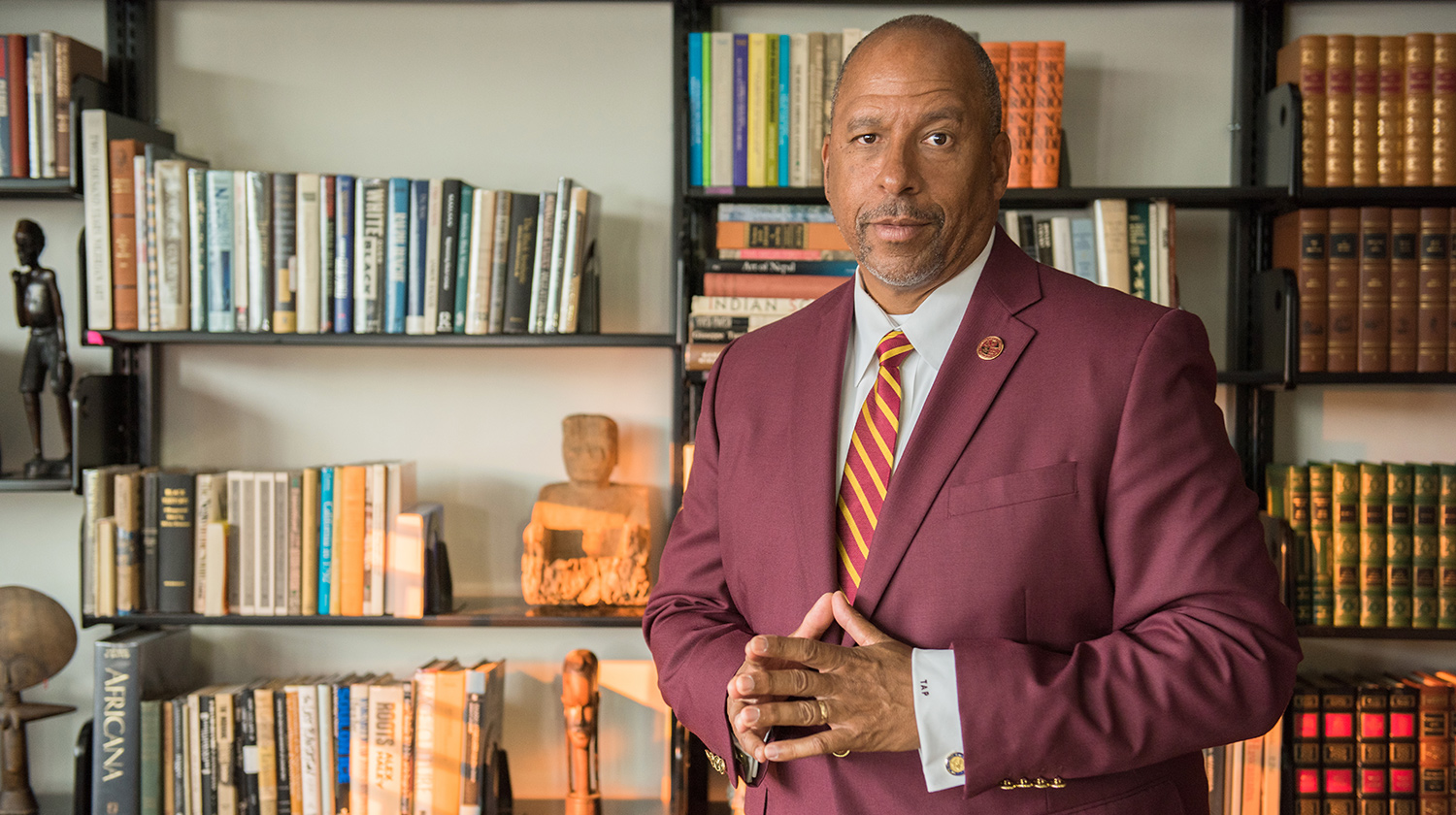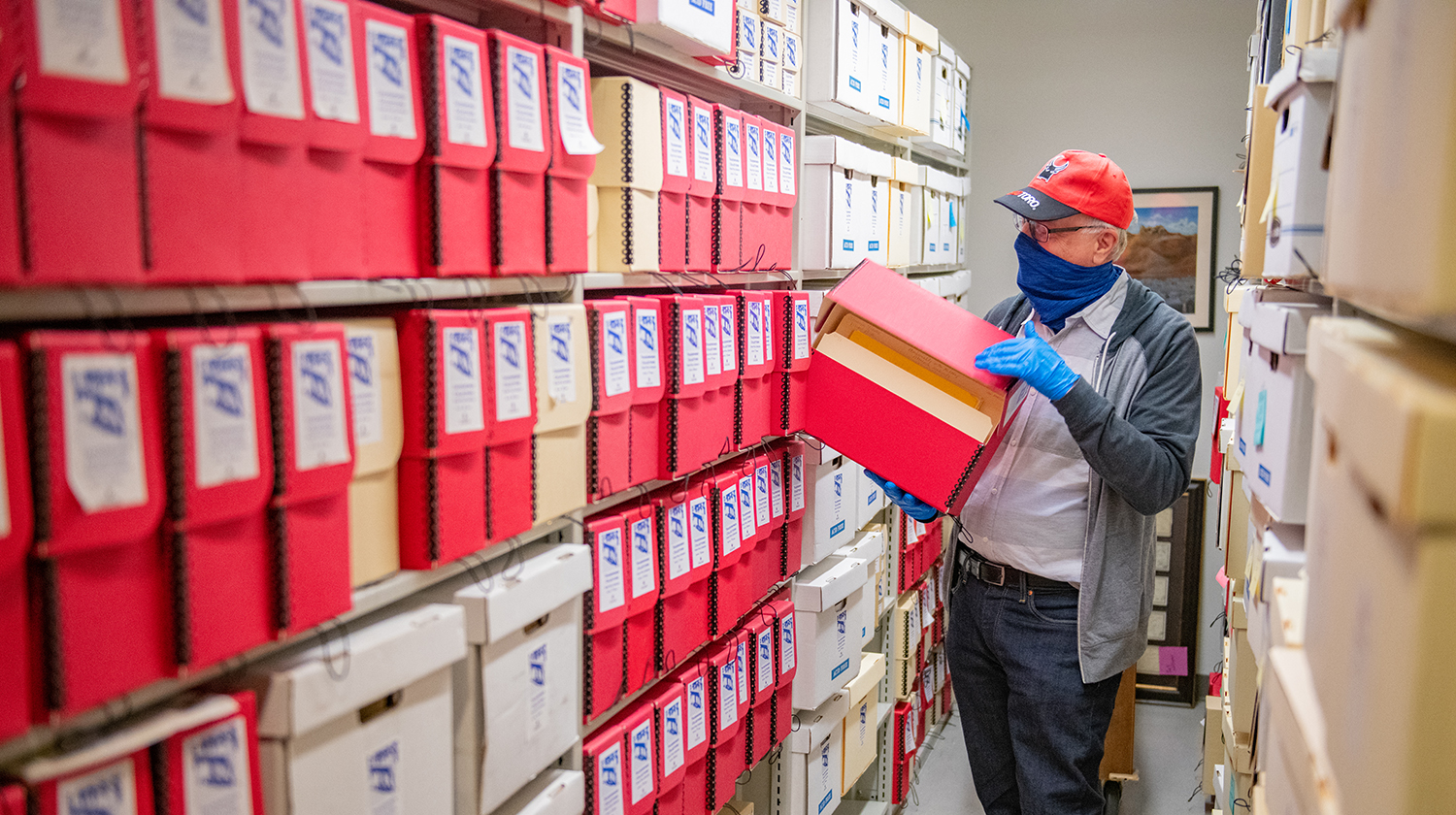
(Carson, Ca.) To provide the public a historical record of life during COVID-19, the Gerth Archives and Special Collections at California State University, Dominguez Hills (CSUDH) is inviting the campus community and residents of southern Los Angeles County to contribute materials that document their experiences related to this unprecedented time in world history.
“Cal State Dominguez Hills’ archive is the top source in the region for documenting what has happened over the decades in local communities, and, of course, on this campus,” said Gregory Williams, director of the Gerth Archives. “This collection is great way to help folks contribute materials and stories about what they have experienced–both personally and collectively–during the pandemic.”
To submit material to the COVID-19 digital collection, visit the Gerth Archives and Special Collections website, or donate through this Google form. To learn how to donate physical materials, please send an email to archives@csudh.edu. For other information, call (310) 243-3895.
The Gerth Archive encourages submissions from diverse perspectives and recommends that donors consider how their materials tell the story of COVID-19 and illustrate life during California’s “safer at home” order.
Content may also explore the impact on their personal, academic, and/or professional lives, such as how the material reflects the changing dynamics or routines in the home, the community, and the workplace, such as the struggles of “essential workers,” the swift move to work from home, and virtual learning.
Recommended submissions include:
- digital photos or scans
- video and audio recordings
- letters, email, and other correspondence
- journal and diary entries
- social media posts, publicly accessible web pages, and PDFs
- creative art such as drawings, paintings, and poetry
The new archive will also help provide researchers the information they need to plan better for future epidemics and pandemics. “The contributions we receive will be an important way for people in the future to learn from the successes and mistakes that we have made during this time,” said Williams. “That’s important because in 20 years, many people will have forgotten a lot about what’s going on now.”

